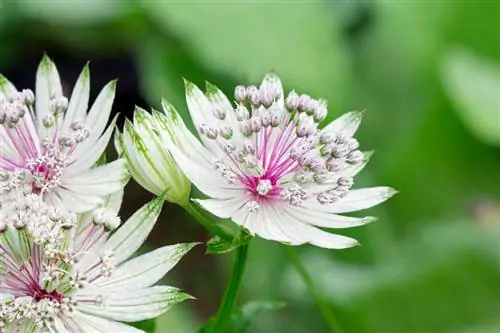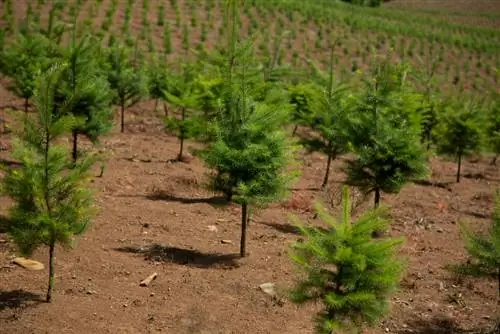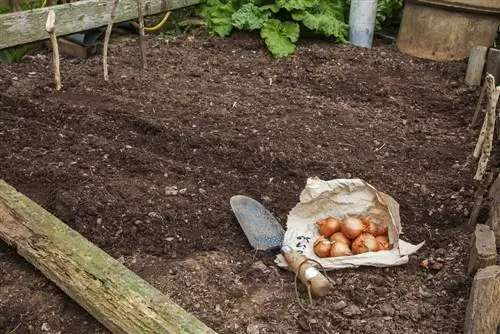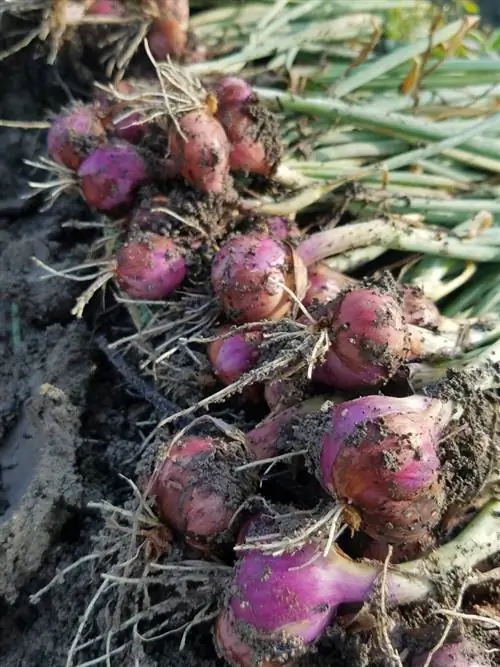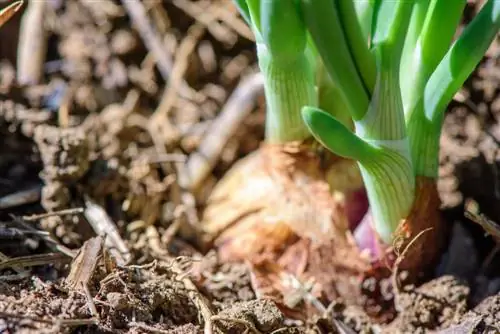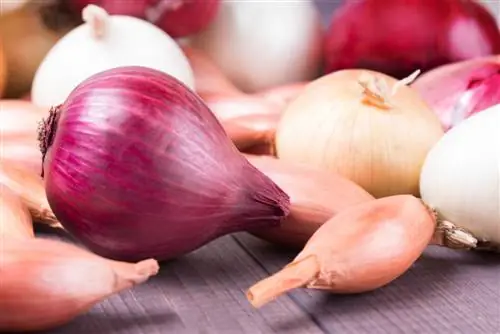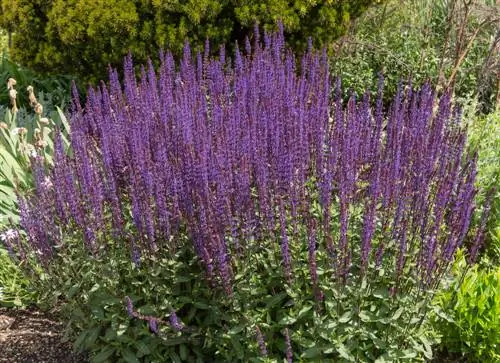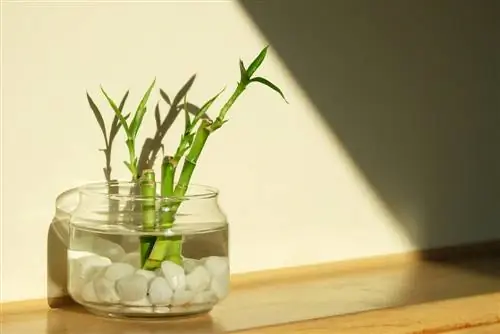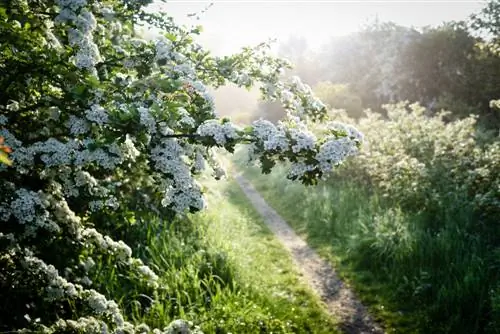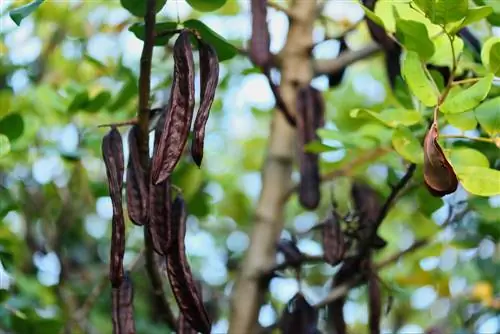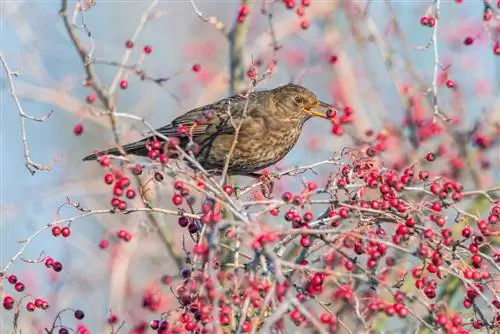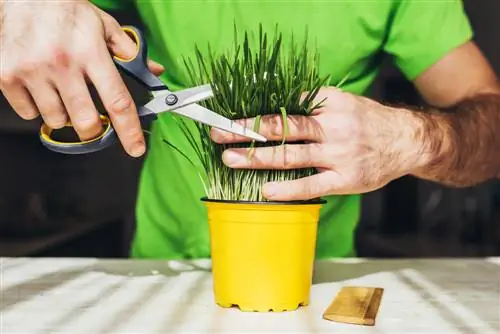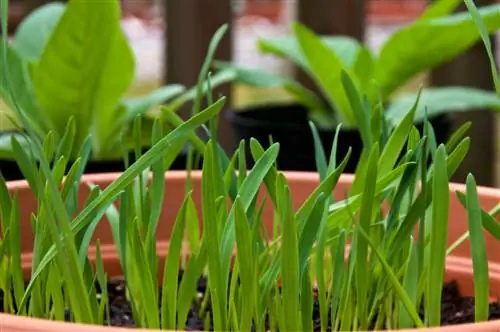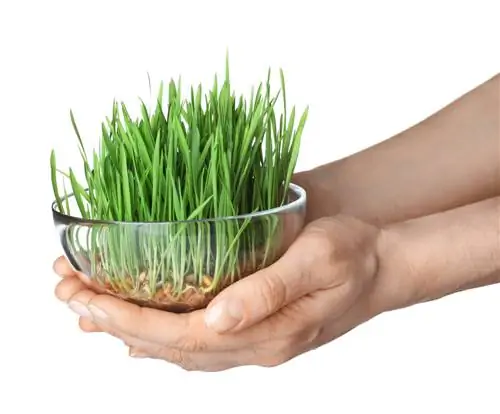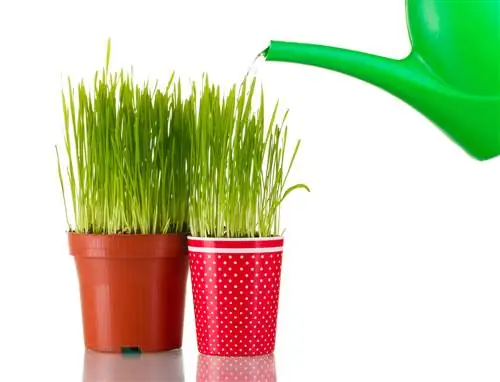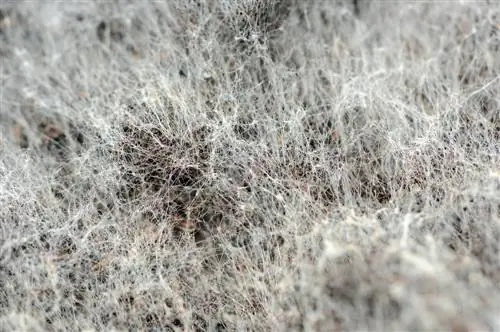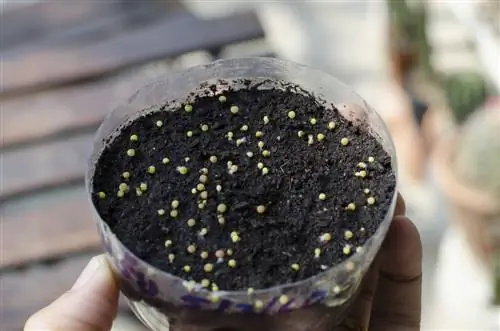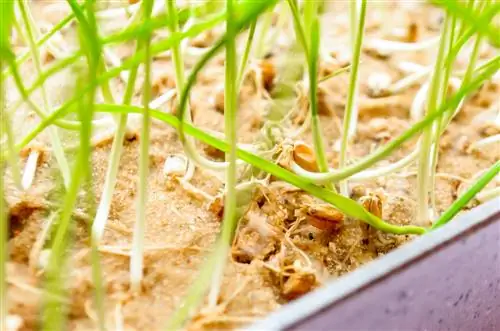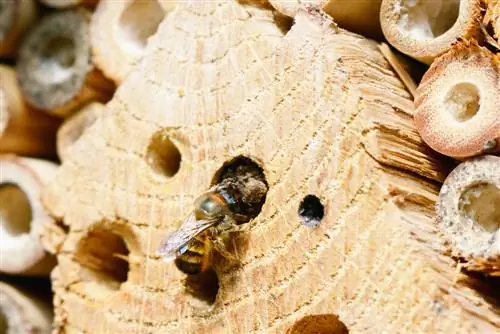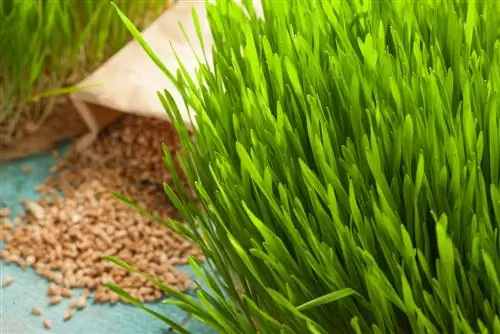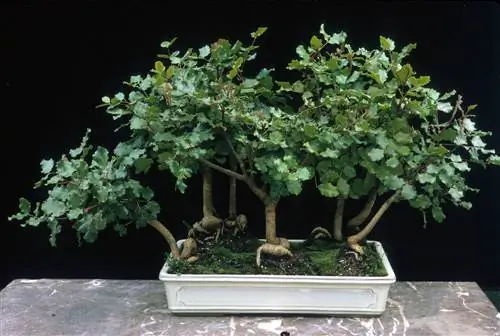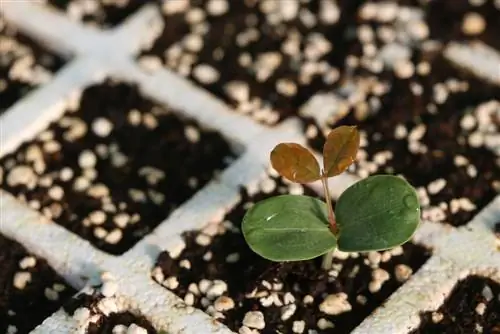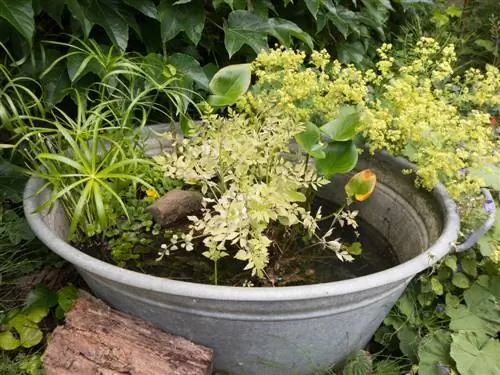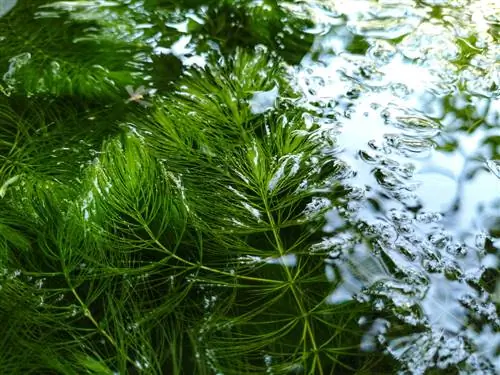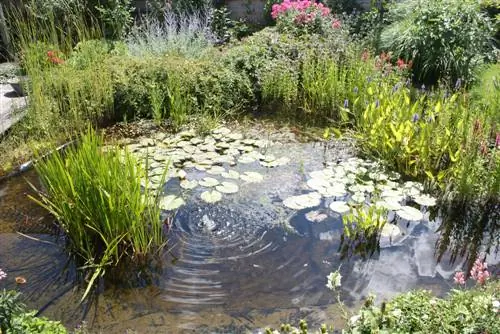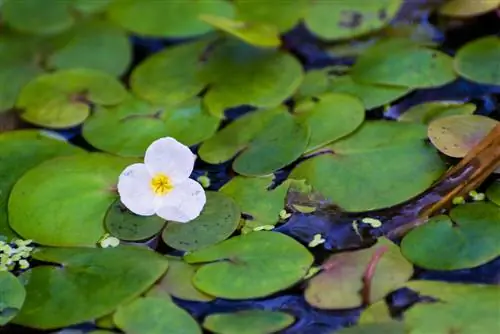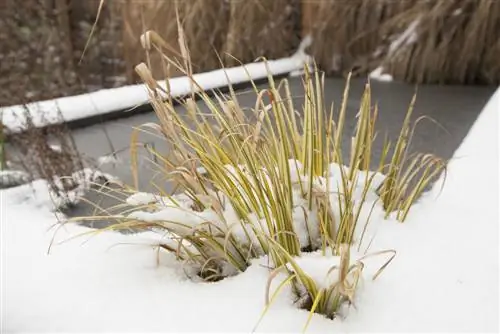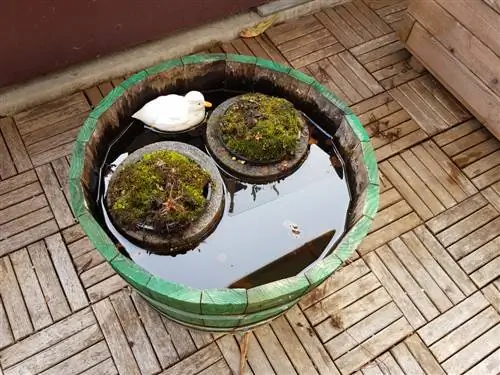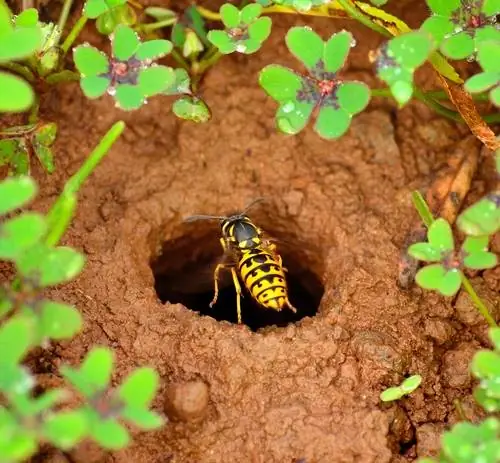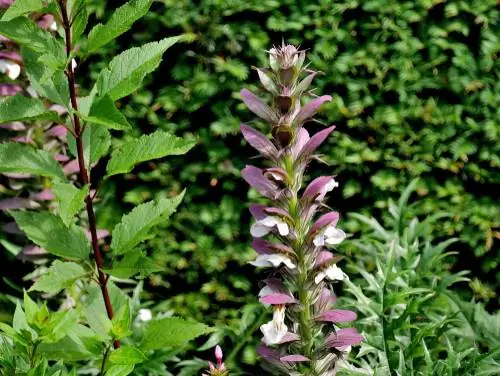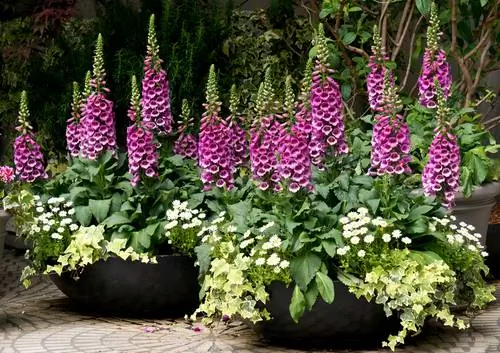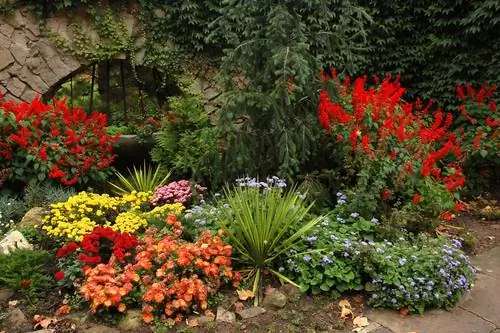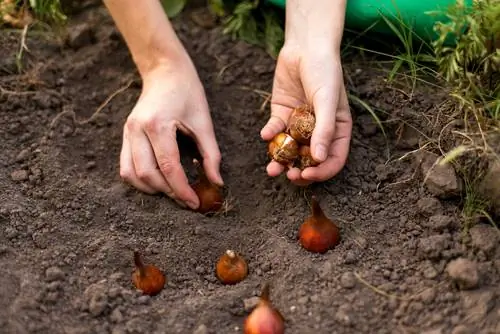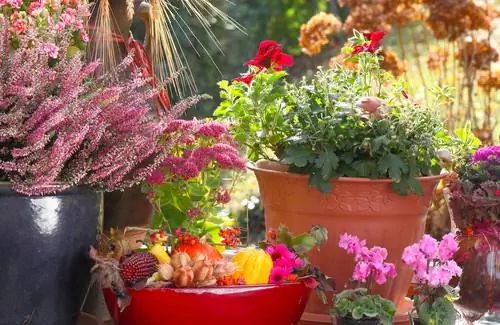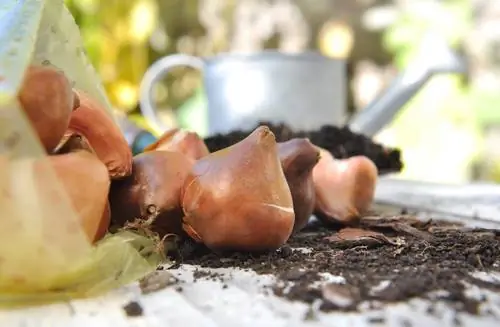Gardening
Last modified: 2025-01-23 11:01
The Douglas fir is often planted in private gardens. Read here how quickly a small tree gains height and what plays a role in this
Last modified: 2025-01-23 11:01
The star umbel is beautiful to look at and belongs in every natural garden. Find out more about cultivation, varieties and care here
Last modified: 2025-01-23 11:01
The Douglas fir has a combined root system. Find out all the special features here and what you should definitely pay attention to when planting
Last modified: 2025-01-23 11:01
The Douglas fir requires more and more space with each year of life. We will explain to you why the optimal planting distance is important and what it depends on
Last modified: 2025-01-23 11:01
Growing shallots is easy: stick the seed onions in the ground and harvest after 100 days. Stored in a cool, dry place, the shallot will last for several months
Last modified: 2025-01-23 11:01
If shallots are harvested correctly, they can last for months. Read here how to proceed with harvesting to achieve a good result
Last modified: 2025-01-23 11:01
Planting shallots is an easy job with a good yield. However, there are some rules to follow. Find out the best way to plant shallots here
Last modified: 2025-01-23 11:01
Shallots and onions are very similar in taste and use. Here you can find out more about the differences that still exist
Last modified: 2025-01-23 11:01
Sage is a well-known plant in medicine and also in the kitchen. The ornamental sage is not edible. Find out more about the sage species here
Last modified: 2025-01-23 11:01
Depending on the type of indoor bamboo, cutting measures may be necessary from time to time. Find out more about the cut and how to do it here
Last modified: 2025-01-23 11:01
Many people know them better as rowan or rowan berries. Read all the interesting facts about the whitebeam and its red-orange fruits here
Last modified: 2025-01-23 11:01
Do you already know carob, the he althy fruit of the carob tree? Here you can read everything you need to know about the tasty pod from the Mediterranean region
Last modified: 2025-01-23 11:01
The red fruits of the whitebeam are considered poisonous? But is that really true? This article will enlighten you and show you how to use the whitebeam
Last modified: 2025-01-23 11:01
In order for the cat grass to grow vigorously again, you must cut it back regularly. You can find out how to do this on this page
Last modified: 2025-01-23 11:01
What location requirements does cat grass actually have? Is it possible to cultivate the fodder plant on the balcony? Find out the answer here
Last modified: 2025-01-23 11:01
Cats have a preference for cat grass. But why do the animals actually eat the stalks? Is consumption possibly harmful? Read the answer
Last modified: 2025-01-23 11:01
Do you want to grow cat grass but don't know which substrate to use? Try it without soil. Here you can read important facts
Last modified: 2025-01-23 11:01
Cat grass delights both cats and gardeners. To ensure that it stays that way, you can find out on this page how to care for the grass in a species-appropriate manner
Last modified: 2025-01-23 11:01
Cats love cat grass. But feeding them is not entirely safe. Here you can find out everything about the risks so that you don't endanger your cat
Last modified: 2025-01-23 11:01
Cultivating cat grass yourself is an inexpensive alternative to buying it. To prevent mold from forming, you should follow the tips on this page
Last modified: 2025-01-23 11:01
Do you want to pamper your cat without spending a lot of money on expensive treats? Simply grow your cat grass yourself
Last modified: 2025-01-23 11:01
On hot days, water features provide refreshing cooling. With our eight suggestions you are guaranteed not to get bored
Last modified: 2025-01-23 11:01
Would you like to grow your own cat grass from seeds? Here you will find out what you need to pay attention to when buying seeds and which variety is recommended
Last modified: 2025-01-23 11:01
You will be amazed at how many insect species you can attract to your garden with an insect hotel. Here you can read what demands the animals have
Last modified: 2025-01-23 11:01
Cat grass is available in different varieties. But which one is suitable for what? How do the species differ? Here is an overview
Last modified: 2025-01-23 11:01
Bring a bit of exoticism into your garden. A carob tree fits on every terrace as a bonsai. Here you can read how to care for the deciduous tree
Last modified: 2025-01-23 11:01
Would you like to cultivate a carob tree in your own garden? Nothing easier than that! With the planting instructions on this page you are guaranteed to succeed
Last modified: 2025-06-01 06:06
Would you like to create a small garden pond on your balcony? Here you will find instructions for a romantic mini pond in the zinc tub
Last modified: 2025-06-01 06:06
The hornleaf - not to be confused with the hornwort - can provide garden pond owners with the best water purification services. There's more information here
Last modified: 2025-01-23 11:01
Keeping a pond low in algae doesn't have to be complicated. With the right pond plants you can keep the annoying water clouds at bay
Last modified: 2025-06-01 06:06
Would you like to know more about decorative and water-clarifying floating plants? Here you will find information and examples
Last modified: 2025-06-01 06:06
Exotic pond plants take their toll: In winter, more complex relocation is necessary. Here are the most important rules
Last modified: 2025-01-23 11:01
You don't always need space for a pond. Find nice ideas and instructions for a beautiful mini pond here
Last modified: 2025-06-01 06:06
Would you like to get to the bottom of annoying earth wasps in the garden? Here you can find further basic information about the striped insects
Last modified: 2025-06-01 06:06
In our plant portrait this time we are introducing you to the Balkan hogweed, an almost forgotten and non-poisonous ornamental perennial
Last modified: 2025-01-23 11:01
Many gardens grow plants that are poisonous and can pose a danger to children. This article deals with the six most common ones
Last modified: 2025-01-23 11:01
Planting autumn bloomers is easy if a few rules are followed. Read here about the variety of plants and how to plant them
Last modified: 2025-01-23 11:01
Spring bloomers thrive well in the garden and on the balcony if a few planting tips are followed. Read how to plant your spring flowers here
Last modified: 2025-01-23 11:01
You have many options when planting autumn bloomers on a balcony. Read here about the variety of plants and how they are planted
Last modified: 2025-01-23 11:01
The bulbs of spring bloomers usually go into the ground in autumn. Read here which bulbs are suitable and what you should consider when planting


